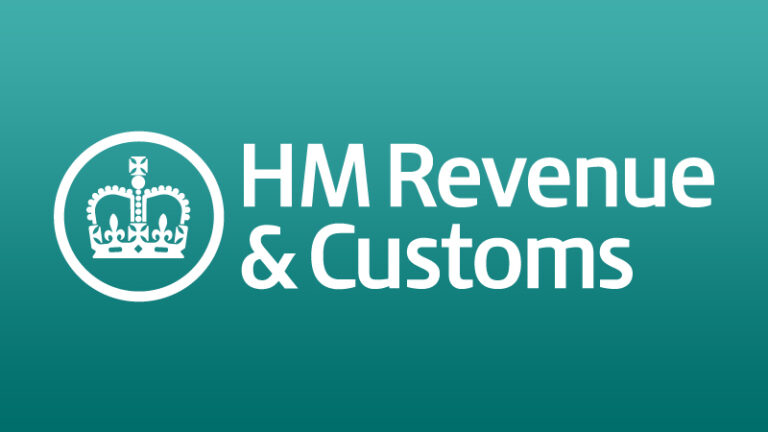The North’s creative sector could benefit from a series of new tax breaks which come into effect from 1st April – but they will only be available to “high end” productions.
They have been designed to support home-grown television, animation and video game production, with companies able to claim a payable tax credit from HMRC against production costs.
However, while the Government quotes a cash credit figure of 25%, Ian Rowland, a tax specialist at Grant Thornton in Manchester explained that the actual figure is not quite as generous:
“In reality it’s a 20% relief as production costs are limited to a maximum of 80% of the qualifying spend.”
“For all that, the industry has campaigned for this tax break for 10 years-plus and will be very pleased with the outcome. Major productions like Birdsong, The Tudors or the Julian Fellowes version of Titanic were made abroad partly for tax reasons. The new measures will effectively make producing TV programmes in the UK far more competitive and allow British companies to compete with rivals in Canada, Ireland and South Africa which have enjoyed substantial tax breaks for some time. These corporate tax reliefs are released as part of a package of measures to support technological innovation and help digital, creative and other high technology industries to grow in the UK economy.”
These latest moves are based on the film tax relief which was introduced in 2007 and are aimed at “high end” television, such as dramas, comedies and documentaries with a budget of more than £1m per hour of television. Co-productions will have to qualify under one of the UK’s bilateral treaties for television or animation with Australia, Canada, France, Israel, New Zealand, Occupied Palestinian Territories.
It will apply to expenditure incurred on or after April 1st, although this is subject to EU state aid approval.
In order to qualify, production companies must be developing the programme for broadcast, with at least 25% of the core expenditure to be in the UK. It must also satisfy a “Cultural Test” as a British programme.
You can read the full Grant Thornton report on tax relief for the sector here.











